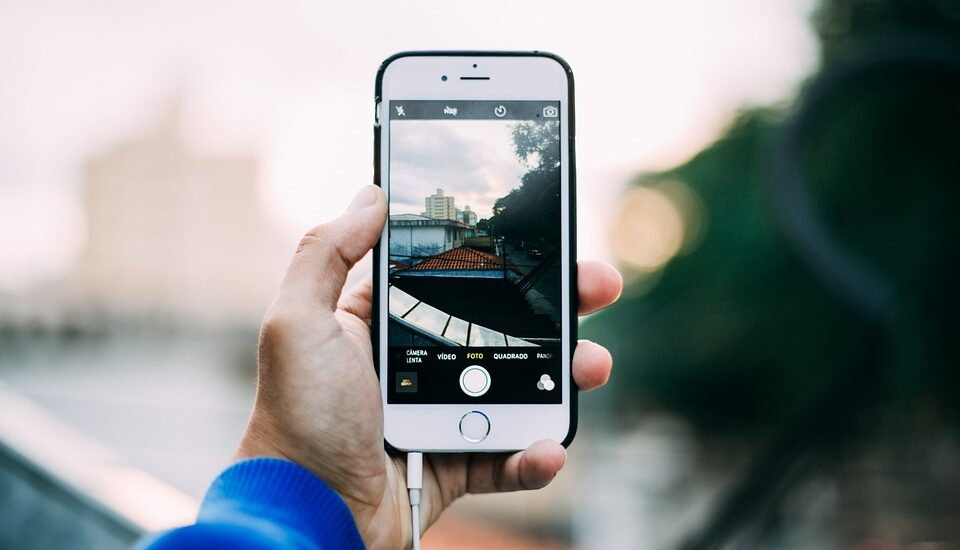If you’ve recently purchased an iPhone, one of the first things you might notice is the camera quality. The debate between iPhone camera 4K vs HD is common, especially for those new to mobile photography. This article provides a step-by-step guide to understand these settings and make the right choice.

Table of Contents
iPhone Camera 4K vs HD
Let’s talk about the iPhone camera 4k and HD to help you make the right choice…
Understanding the Basics
When we talk about video resolution, it’s like talking about the canvas size a painter uses. The larger the canvas, the more detail can be captured. In the world of digital video, this “canvas” is defined by the number of pixels. The term 4K is shorthand for a video resolution that measures approximately 4,000 pixels across the horizontal axis, which is why it’s named as such.
Specifically, 4K resolution is 3840×2160 pixels. On the other hand, HD stands for High Definition and generally refers to a resolution of 1920×1080 pixels.
So, when you select 4K, your videos are captured at a resolution of 3840×2160 pixels, almost four times the number of pixels as an HD video. This translates to a noticeable jump in quality, providing greater detail, depth, and clarity. It’s like having a larger, more intricate canvas for your digital artistry.
Accessing Camera Settings
Your iPhone is a compact yet powerful tool, and adjusting its settings can fine-tune your videography experience. To start, unlock your iPhone and find the grey “Settings” app, usually represented by a gear icon. Open this app and scroll down the list of options until you come across “Camera,” usually situated between “Photos” and “Privacy” or in a similar area.
Tap on it, and a new menu will open. This menu is the gateway to customizing your iPhone camera, and it’s here where you’ll see settings for recording video in both 4K and HD.
Read more iPhone camera topics here – iPhone Camera: How To, Problems & Solutions
Why Choose 4K?
The 4K setting is like the Formula 1 car of video resolutions: faster, stronger, and offering unparalleled performance. The high pixel count means your videos will be much more detailed, which is particularly beneficial if you are planning to watch them on a larger screen, like a 4K TV.
Another advantage is during post-production editing. Those extra pixels give you more room to crop, zoom, or stabilize your video without losing quality. For instance, you could crop a 4K video to focus on a specific object or person in the frame without making the image grainy or distorted.
Why Opt for HD?
However, 4K is not always the best option for everyone, especially if you’re concerned about storage space. A minute of 4K video can be up to four times the size of a minute of HD video, depending on the frame rate and other settings.
If you’re running low on storage or prefer quicker uploads and downloads, then HD might be a more practical choice. HD videos are still of excellent quality and are more than adequate for viewing on smaller screens like laptops, tablets, or older TVs.
How to Switch Between 4K and HD
After understanding the implications of each setting, you might wonder how to switch between them. Go back to the “Camera” menu within your “Settings” app. Among the list of options, you’ll see one that reads “Record Video.”
Tap this, and you’ll be presented with various resolution and frame rate choices, from as low as 720p at 30fps (frames per second) to as high as 4K at 60fps. Simply tap the one you wish to use. A checkmark will appear next to your selection, confirming your choice.
Testing Your Choice
Now that you’ve selected a resolution setting, the next step is to test it out. The best way to gauge the effectiveness of your choice is by taking some sample videos. Consider capturing the same scene in both 4K and HD for comparison.
Also, try filming under different lighting conditions: sunny outdoor settings, dimly lit rooms, and artificially lit spaces. Pay attention to file sizes, image clarity, and how each video looks when played back on different devices.
Final Thoughts: iPhone Camera 4K vs HD
The decision between iPhone camera 4K vs HD ultimately depends on your specific needs. By understanding the benefits and drawbacks of each, you can make an informed choice.